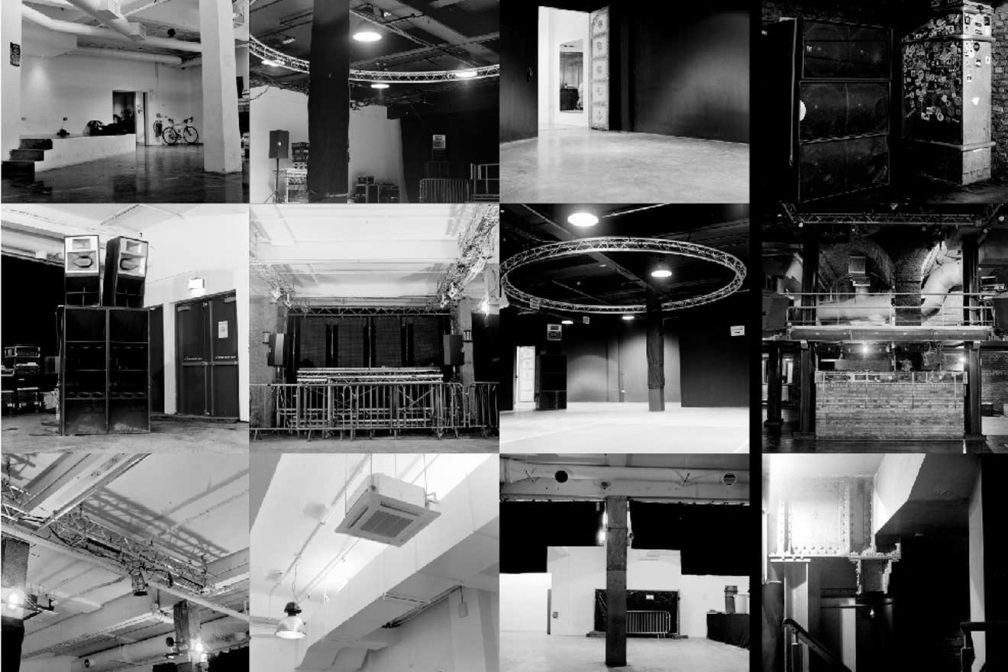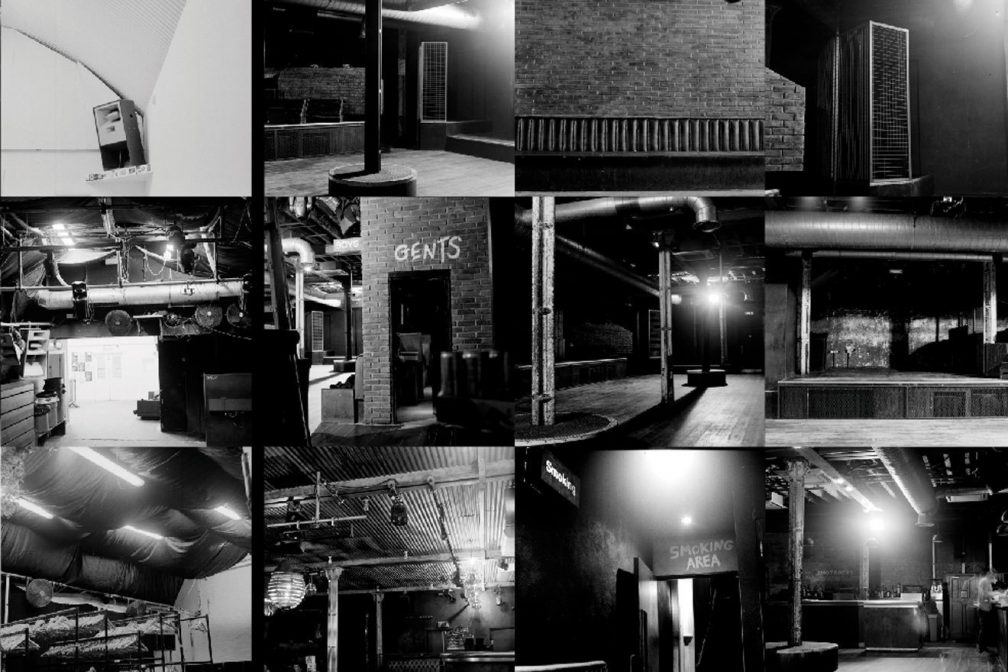 Culture
Culture
2015: The year London clubland decided to defend itself
Clubs in London have been closing rapidly but the city isn't losing them without a fight

Only a few months previously, this 'evolving character' had seen the announcement that the Elephant & Castle pub opposite the Coronet – the venue which arguably saw the birth of UK garage in 1991, courtesy of Matt Jam Lamont – was to become a branch of Foxton's estate agents. Around the corner, the ever-popular Corsica Studios continues to thrive; but as it looks directly onto the posh new towerblocks currently being built in the place of the Heygate, it's not unreasonable to wonder how long the new residents will wait before kicking up a fuss.
Indeed, one of the major proposals suggested by the Music Venues Taskforce is something called the 'Agent of Change' principle, which would address precisely this problem: specifically, if an influx of wealthier, older residents suddenly arrive in a new residential development, and want the scruffy dancing oiks across the road to keep the noise down, even if those noise levels have been the same for years, the onus to find a solution should not be on the club (as it is now), but on the 'agent of change' – the newbies. Solutions could involve a couple of extra staff to help revellers get home quickly and quietly, acoustic buffering in the new residential block, or retrofitting insulation into the existing venue – the important thing is the cost and responsibility would no longer lie with the venue.
It is an idea would have helped another famous Elephant & Castle venue, Ministry of Sound, enormously, in their epic fight for survival when threatened with closure by Eileen House, a new block of flats opposite the club. Ministry CEO Lohan Presencer recalls the moment he understood how much of a threat the new flats would pose: "I remember the property developer saying to me, 'nightclubs come and go', and putting the phone down and realising 'wow, these people really don't give a shit'. It was a wake-up call, because up until that point the dialogue with the property developer had all been along the lines of: 'we value Ministry of Sound, we want to help deal with some of the acoustic issues, let's work together'."
For Presencer, Ministry's size and status, with good legal and PR advice already at their disposal, were the only reason they finally won the battle to stay open, and even so "it still took an enormous amount of my time, sleepless nights, and strategy meetings to deal with each new thing they threw at us" – not to mention full page adverts, campaign websites, four years and over £1m in costs. As he points out, few smaller clubs would have been able to weather the storm – and Ministry now want to offer a template on how to fight for survival. "The amazing thing is, it doesn't matter that we employ 200 people, or that we have 300,000 visitors a year from all over the world – if one resident writes a letter every week to their councillor, that has a disproportionate value, because the council need to be seen to deal with it, and that resident has a vote." So is Boris Johnson's taskforce – with its mooted Night Mayor and an Agent of Change principle – likely to provide the institutional support for London clubs that Ministry did not receive? Presencer hopes so, but raises a note of caution. "You've got to remember Boris is an outgoing mayor who has nothing to lose and everything to gain from being publicly supportive of popular causes like this – what is important is what the next mayor does."


